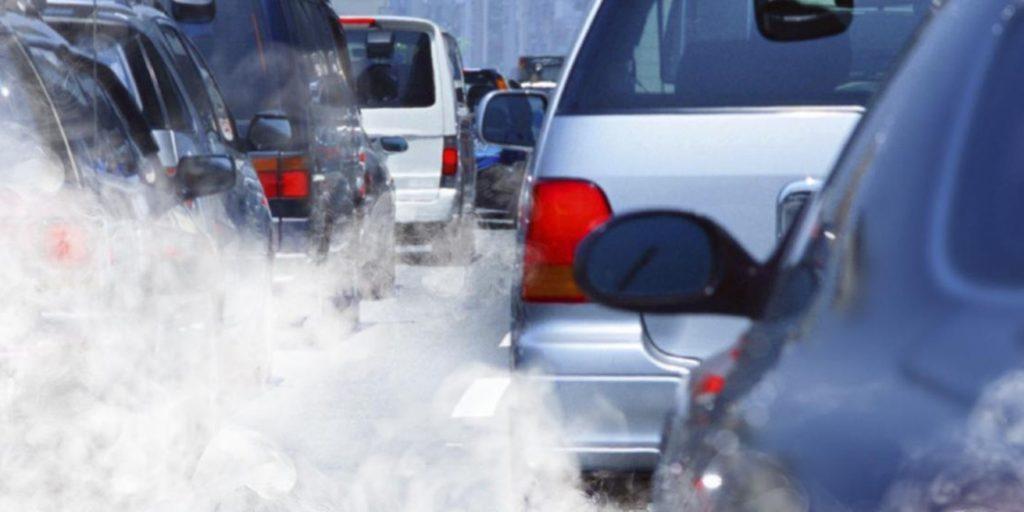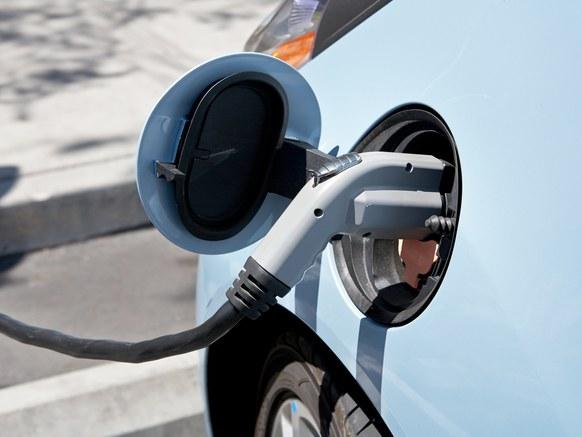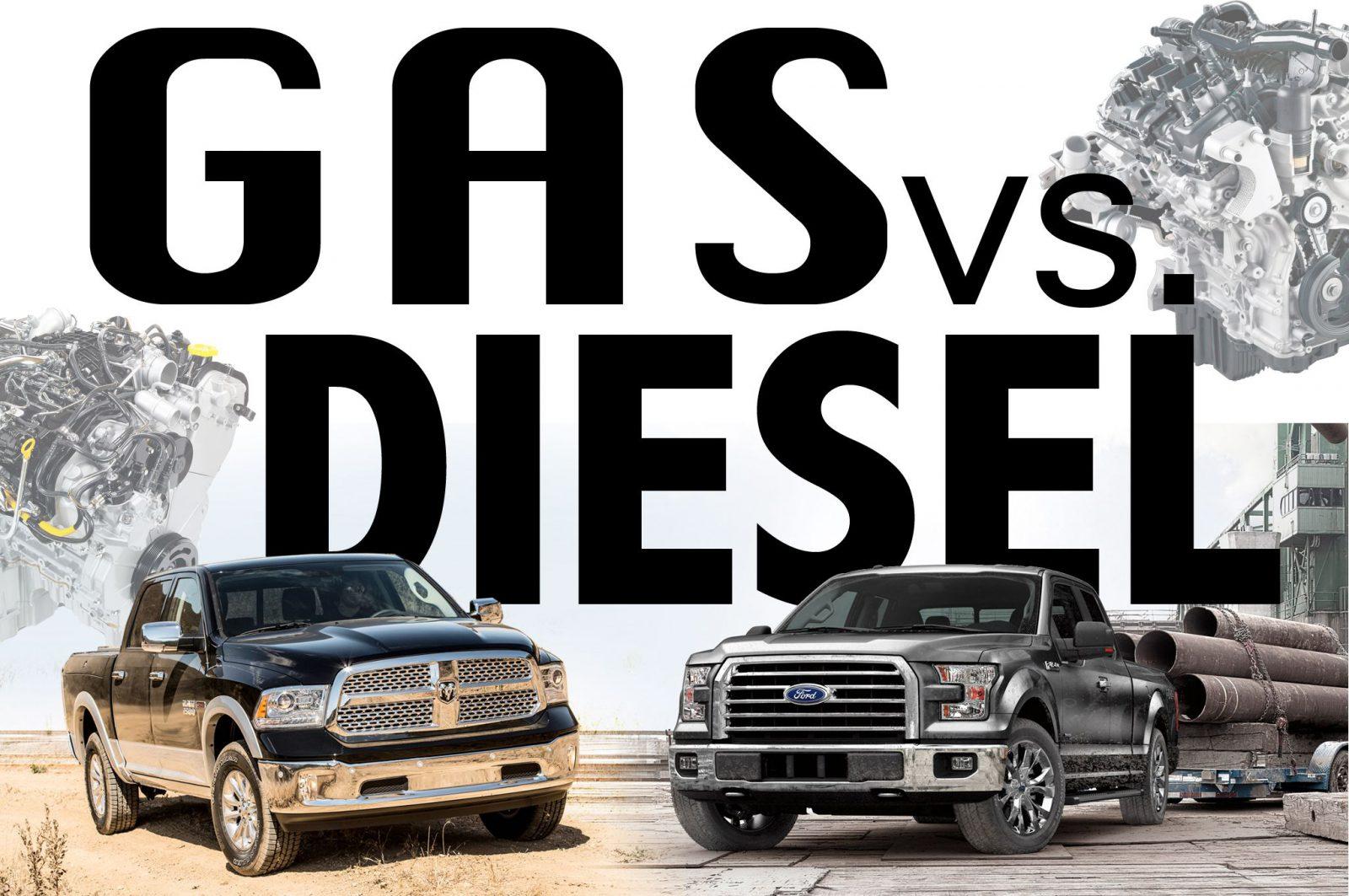Emissions from diesel as well as gas cars are dramatically rising at an alarming rate in the environment. Both these gas and diesel are composed of hundreds of hydrocarbons.
Whether you have a diesel vehicle or a gasoline vehicle, both of them typically release harmful gasses when working.
But the question is which is more polluting – diesel or gas? So, to help you figure out the answer, let’s explore diesel vs. gas pollution more profoundly.
Contents
Diesel vs. Gas Pollution: Everything you Need to Know!
Both these engines – Diesel and Gas – contaminate the ecology in some way or the other. If we talk about diesel vs. gas emissions, there are five fundamental gases emitted by diesel as well as gasoline engines. They are:
1. Carbon Monoxide
Carbon monoxide is produced when the fuel is not burnt completely. CO release is more common in gas engines as compared to diesel ones. So, does diesel burn cleaner than gasoline?
The answer is yes! Diesel engines emit less percentage of carbon monoxide in the environment. Thereby, it makes the atmosphere less polluting.
2. Hydrocarbons

>> Looking for a quality cheap used car from Japan, click here <<
Any hydrocarbon that emerges as unburnt fuel is HC. It appears due to the partial mixing of fuel, less quantity of O2, or smaller lapse time for burning the fuel.
The gasoline engine considerably transmits a hydrocarbon called benzene more than diesel motors. This compound causes cancer, sleepiness, and cerebral pain.
SEE MORE:
3. Carbon dioxide
Contrary to gas vehicles, diesel vehicles convey lesser CO2 in the surroundings. This is because diesel cars burn up less fuel than the other category. On the other hand, gas engines are small chain compounds.
So, when talking about diesel vs. gasoline environmental impact in terms of CO2, the gas motors emit more carbon dioxide that impacts the ecology more than diesel engines.
4. Nitrogen Oxides
Nitrogen gas is one of the main ingredients of air emitted by the tailpipe of vehicles. The diesel engine releases more N2 than gasoline engines.
So, diesel engines release more harm than gasoline engines. To know how these harmful emissions affect your vehicle, you can read maintenance tips by auto experts.
5. Suspended Particulate Matter
Particulate matters are the strong elements, for instance, ash. The diesel engines emit more suspended matter than gasoline motors. These particles are known to cause cancer as well as severe respiratory issues.

FAQs
- Do diesel engines emit more CO2 than petrol engines?
Actually, diesel engines typically emit less CO2 per kilometer than their petrol counterparts due to their higher fuel efficiency.
Diesel fuel contains more energy per liter than petrol, which means diesel engines often produce less CO2 under similar driving conditions.
- How do the particulate emissions of diesel engines compare to those of petrol engines?
Diesel engines have historically been known to emit higher levels of particulates (soot) compared to petrol engines. These particulate matter (PM) emissions are harmful to human health.
However, modern diesel engines equipped with particulate filters have significantly reduced these emissions, making them comparable to, or in some cases, even lower than those from petrol engines.
- What about NOx emissions? Are diesel engines worse than petrol engines?
Diesel engines have been under scrutiny for their nitrogen oxides (NOx) emissions, which are higher than those from petrol engines. NOx emissions contribute to smog and acid rain and have health implications.
Recent advancements in diesel technology, including selective catalytic reduction systems, have helped reduce NOx emissions, but diesel engines generally still emit more NOx than petrol engines.
- Can the fuel type influence the production of secondary pollutants?
The type of fuel can influence the production of secondary pollutants.
Diesel and petrol engines emit different hydrocarbon compounds, which can react with other pollutants in the atmosphere to form secondary pollutants, such as ozone.
The composition of these secondary pollutants can vary significantly depending on the mix of emissions from the two engine types.
- Are there differences in life cycle emissions between diesel and petrol engines?
When considering lifecycle emissions — from fuel production to vehicle operation and eventual disposal — the differences between diesel and petrol engines can become blurred.
Diesel fuel production is slightly more energy-intensive, which can offset some of the operational CO2 savings. Comprehensive life cycle analyses are necessary to fully understand the environmental impact of each engine type.
- How do modern emission control technologies affect the pollution comparison?
Modern emission control technologies have dramatically changed the pollution landscape for both diesel and petrol engines.
Technologies like particulate filters, catalytic converters, and advanced fuel injection systems have reduced the gap in pollutant emissions between the two.
The effectiveness of these technologies in real-world conditions plays a crucial role in determining the overall environmental impact.
- Considering future developments, will diesel or petrol engines be cleaner?
The future cleanliness of diesel and petrol engines largely depends on ongoing advancements in engine technology, fuel formulations, and emission control systems.
Additionally, regulatory pressures and the push towards electrification and alternative fuels are likely to influence the environmental footprint of both engine types.
Check out the video from Carwow to see more details!
Conclusion
Now, you might get detailed information about diesel vs. gas pollution. Diesel cars emit suspended particulate matter and nitrogen oxides.
On the other hand, gasoline motors release hydrocarbons, carbon monoxide, carbon dioxide, etc. Both of them pollute the environment in one way or the other.
To reduce the emission of these harmful gasses, one thing that you all can do is the regular maintenance of your vehicle. It will help you to control the destructive emissions from both these engines.



